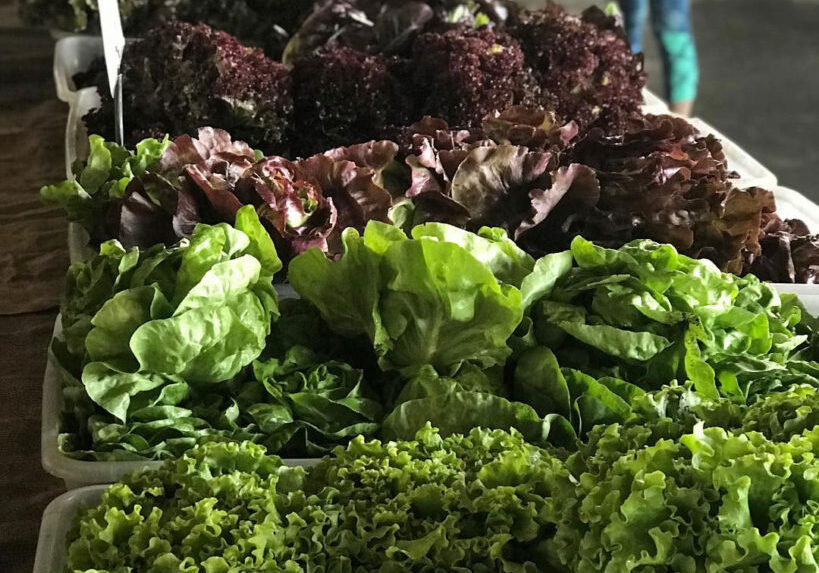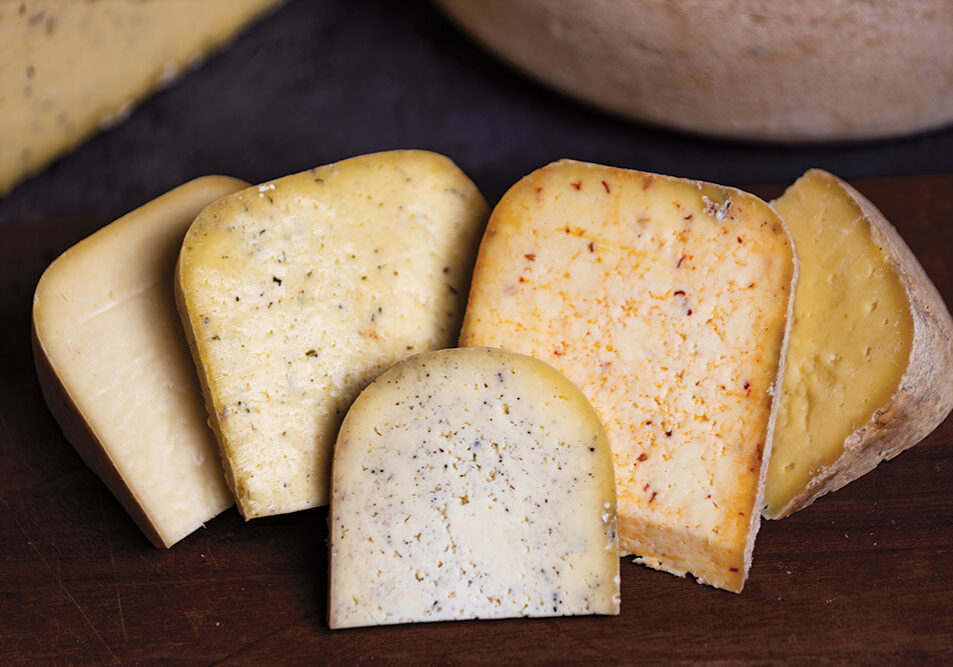Since the 1800s, people have said, “You are what you eat.” With today’s fast-paced lifestyle and an overabundance of junk food readily available, that phrase has become even more poignant.
Everybody is unique, with different requirements needed to maintain health and wellness. Genetics, environmental exposures, and the foods we eat all play a role in the outcome of our general health, and our mental health is highly sensitive to these factors.
The brain requires key nutrients to function optimally, and a lack of these nutrients affects everything from brain structure to brain function. In fact, what we eat directly affects our mental well-being.
Mental health disorders have no boundaries or restraints, affecting young and old, male and female. Johns Hopkins Medicine’s statistics for mental health disorders show that one in four adults ages 18 and older suffer with a clinical mental disorder. According to the National Alliance on Mental Illness (NAMI), one in five young people ages 13 to 18 experiences severe mental health issues during his or her teenage development.
What if we could alter the outcome of these statistics, simply by making different food and lifestyle choices? Here are important dietary suggestions that support mental well-being:
Essential Brain Food
Consuming whole foods can provide all of the nutrients our brains need to function optimally, specifically complete proteins, essential fatty acids (EFAs), B vitamins, magnesium, and vitamin D3, just to name a few.
Complete protein and essential amino acids are needed to support and maintain the health of neurotransmitters, which act like messengers in the brain. The body makes most amino acids on its own, with the exception of nine that are essential and only come from certain foods. Complete proteins contain these nine amino acids and they are found in all animal products (meat, dairy, fish and eggs), soy, quinoa and a combination of beans with grains, nuts or corn.
Omega-3 fatty acids are essential for brain health, as they play a key role in brain function and the body cannot make them on its own. Foods rich in omega-3s include wild cold-water fatty fish, walnuts, omega-3 eggs, and flax seeds.
Plant-based foods provide vitamins, minerals and trace minerals along with antioxidants and bioflavonoids. The EFAs from healthy fats, such as raw nuts, seeds, olives and olive oil, contribute to optimal brain chemistry.
B Vitamins, particularly B6 and B12, help carry amino acids to the brain and are essential for nerve health. They are found in high levels in shellfish, fish, red meat, liver and eggs, as well as leafy greens, sweet potato, bananas and brown rice.
Amino acid therapy has shown promising results to help rebalance mood and emotional well-being in clients that are suffering from symptoms of mild to moderate depression, anxiety, and attention deficits. Susan Bertozzi, from the Center for Emotional Balance in Chico, CA, is a licensed marriage and family therapist, nutritional therapy practitioner and certified NeuroNutrient therapy specialist who uses amino acid therapy in her practice. “It has been rewarding and exciting to witness the positive outcomes with a nearly 85 percent success rate in treating teens for depression and anxiety,” Bertozzi says.
Negative Mood Culprits
- Nutritional deficiencies are very common in the development of mental disorders and can affect both the management and outcome of symptoms. Children may need more vitamin D due to lack of sunlight and the use of sunscreen.
- Exposure to toxins such as pesticides on our food, in animal feed, and in our water, play a big role in declining our health. Numerous studies show that pesticides have a direct effect on neurological function. A chemical compound called Glyphosate, which is commonly sprayed on food crops, has been found in unborn babies – exposing them even before birth.
- Processed foods are popular since they are convenient, but they are detrimental to our health because they are void of nutrients and laden with pesticides, genetically modified organisms (GMO’s), harmful fats, artificial ingredients and preservatives.
- Food allergies and intolerances have a negative effect on our digestive systems, which can affect brain health by leading to inflammation and symptoms of depression.
- Lack of exercise can also contribute to fluctuations in our mood. Exercising three to five times per week increases mood-altering endorphin levels in the brain, bringing about a feeling of well-being.
If you or someone you know is suffering with depression or anxiety, it is important to analyze diet and lifestyle. Finding a practitioner who can work with you to be sure your nutritional requirements are being met could make all the difference in your mental health and overall well-being.
Find more information and connect with health professionals at the Redding Health Expo on Saturday, January 7, 10 a.m. to 5 p.m., at the Redding Civic Auditorium. Admission is free. Visit http://www.reddinghealthexpo.com to learn more about the event.
Localicious is a monthly column celebrating food in the North State. If you would like to suggest a food-related business or organization, email us at localicious@northstateparent.com.
Posted in: Localicious
Comment Policy: All viewpoints are welcome, but comments should remain relevant. Personal attacks, profanity, and aggressive behavior are not allowed. No spam, advertising, or promoting of products/services. Please, only use your real name and limit the amount of links submitted in your comment.
You Might Also Like...

Salad Greens Grown With Regenerative Land Practices
One of my first jobs in the restaurant scene was the cold station or what is known as the pantry. I learned that the way you treat your greens at […]

Breakfast Lattes: Localicious
Heading into the day with a cup of Dutch Bros or Starbucks in hand seems to be synonymous with teenagers and mornings. It got me thinking about sparking our kids’ […]
Localicious: Douglass Ranch Provides Wholesome Locally Raised Beef and Pork to the North State
Kelly and Shannon Douglass have raised Black Angus beef cattle since before they married. They now run a cow-calf operation located in Orland, where their meat is raised and harvested […]

Localicious: Cheesemakers in Your Hometown
Waking up to dark mornings, being greeted by the sparrows singing and cows bawling, slinging on mud boots and trudging off to the milk barn all before coffee, all before […]




